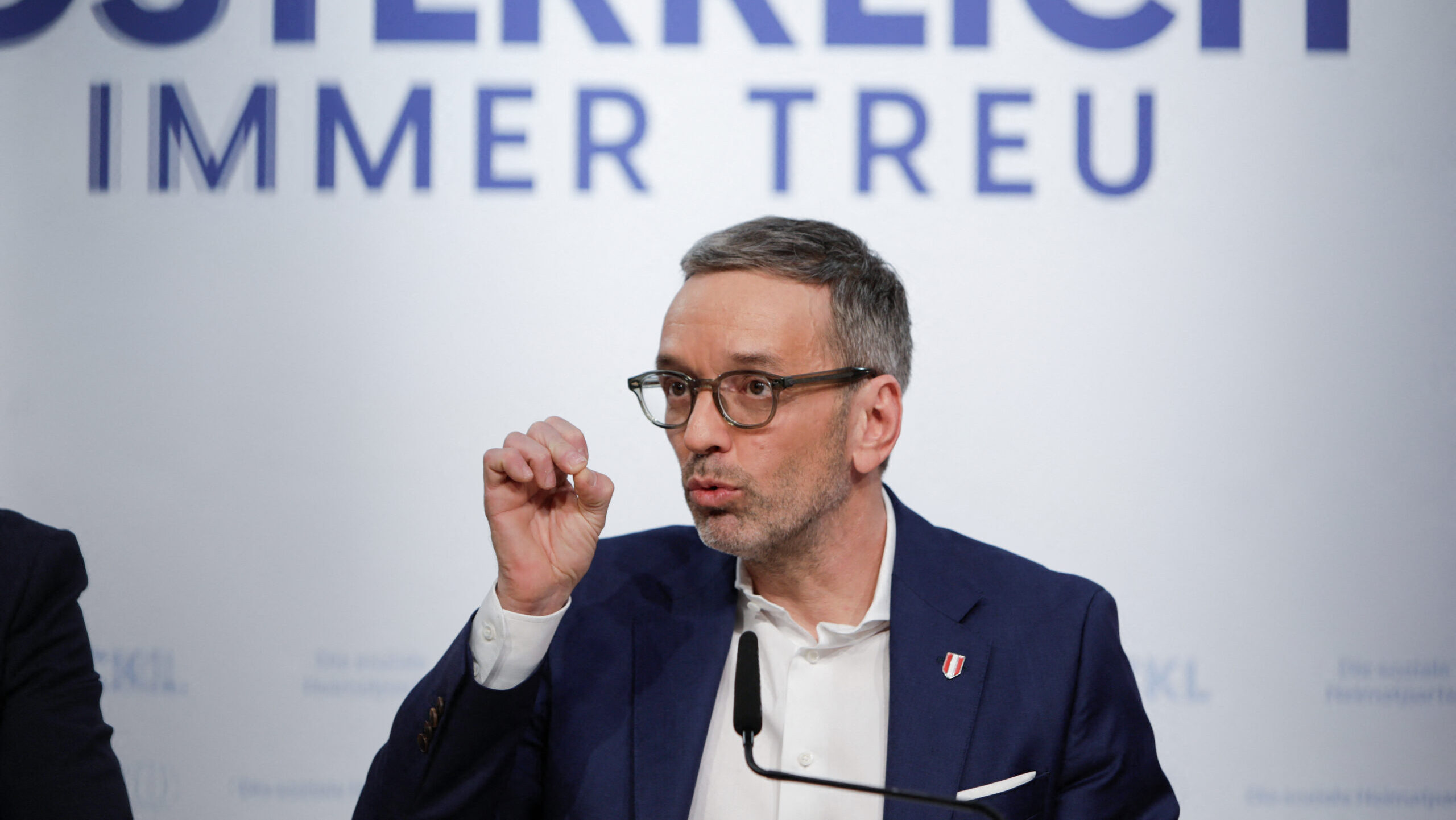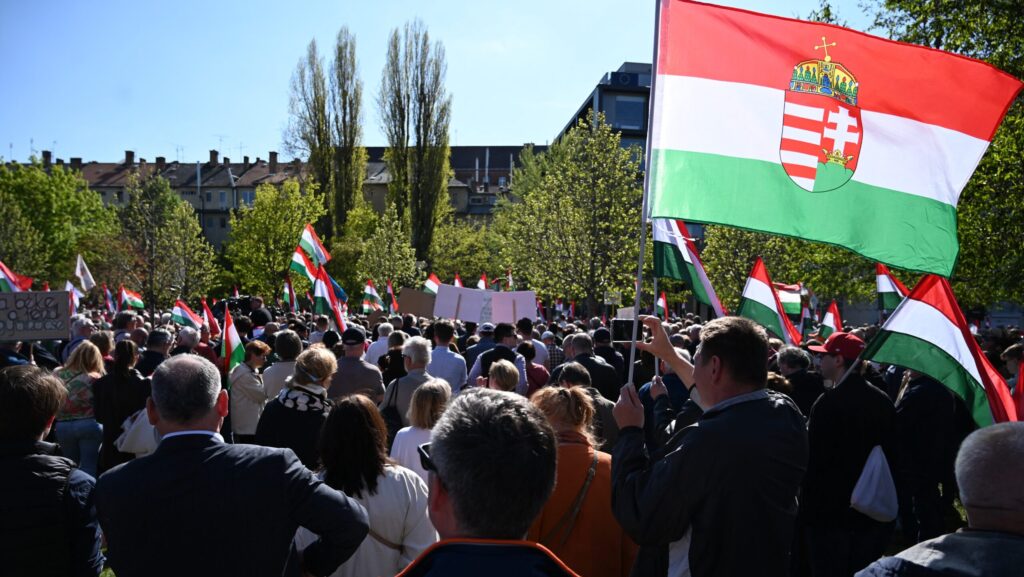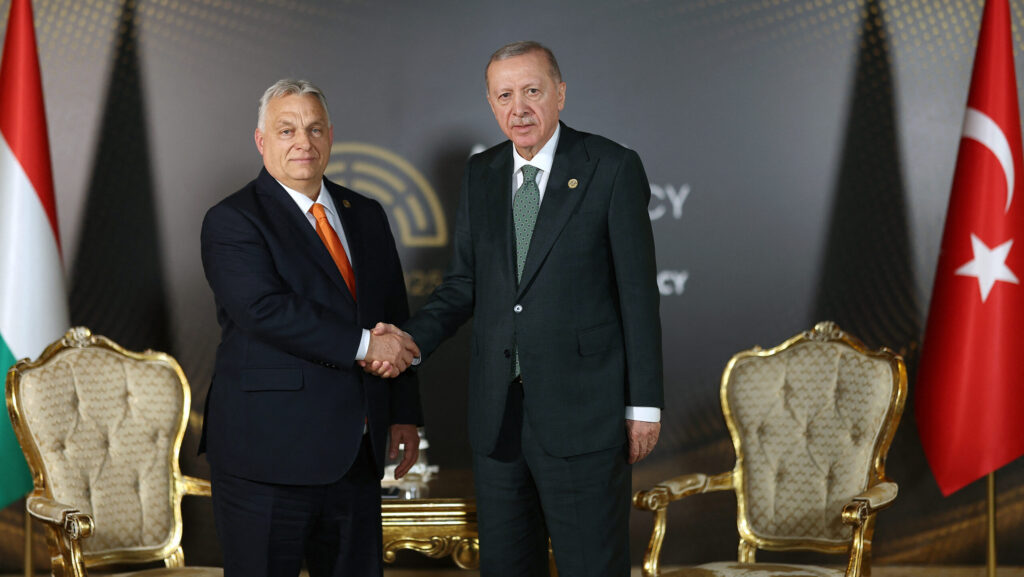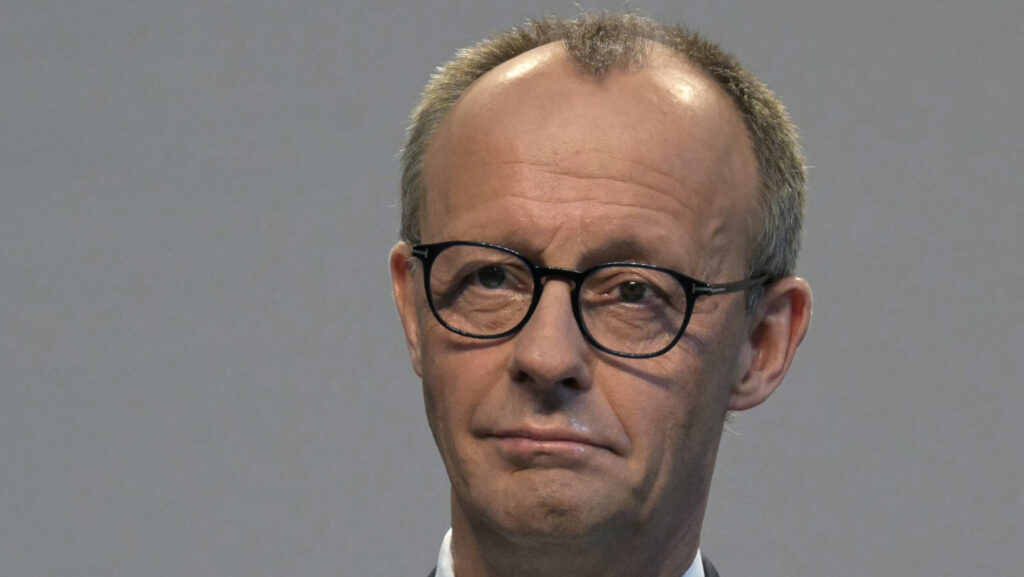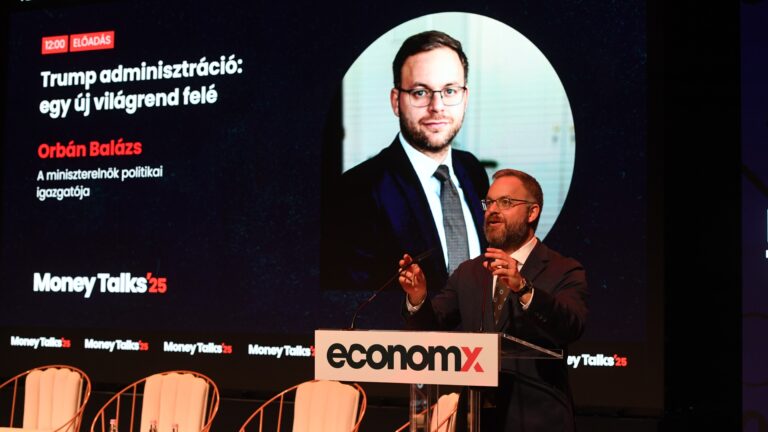After one month of intensive negotiations, Austrian Freedom Party (FPÖ) leader Herbert Kickl announced on Wednesday that coalition talks with the Austrian People’s Party (ÖVP) had collapsed. According to media reports, the two parties failed to agree on who should control the interior ministry portfolio. Following the announcement, the FPÖ issued a statement:
‘We, the Freedom Party, wanted to lead Austria back to the top of Europe—economically strong, socially responsible, with a migration policy that protects the interests of our country and its people. Although we met the ÖVP halfway on many points, they were not prepared to make decisive compromises. The ÖVP was all about power games and job rotation—for us Freedom Party members, it was about security, prosperity, and honesty.’
FPÖ on X (formerly Twitter): “Wir Freiheitliche wollten Österreich zurück an die Spitze Europas führen, wirtschaftlich stark, sozial verantwortungsbewusst und mit einer Migrationspolitik, die die Interessen unseres Landes und seiner Menschen schützt. Obwohl wir der ÖVP in vielen Punkten entgegengekommen sind,… / X”
Wir Freiheitliche wollten Österreich zurück an die Spitze Europas führen, wirtschaftlich stark, sozial verantwortungsbewusst und mit einer Migrationspolitik, die die Interessen unseres Landes und seiner Menschen schützt. Obwohl wir der ÖVP in vielen Punkten entgegengekommen sind,…
Kickl, co-founder of the European Parliamentary group Patriots for Europe, stated that he would return the mandate he had received from President Alexander Van der Bellen to form a government.
FPÖ on X (formerly Twitter): “Liebe Freunde, Herbert Kickl hat soeben den Regierungsbildungsauftrag zurückgelegt. Wir wollten mit einem straffen Zeitplan schnell zu einer leistungsfähigen Bundesregierung kommen. Gemeinsam wollten wir Österreich zurück an die Spitze Europas führen. Leider war die ÖVP nicht zu… pic.twitter.com/PV0ATTVyNt / X”
Liebe Freunde, Herbert Kickl hat soeben den Regierungsbildungsauftrag zurückgelegt. Wir wollten mit einem straffen Zeitplan schnell zu einer leistungsfähigen Bundesregierung kommen. Gemeinsam wollten wir Österreich zurück an die Spitze Europas führen. Leider war die ÖVP nicht zu… pic.twitter.com/PV0ATTVyNt
The FPÖ emerged victorious in Austria’s parliamentary elections at the end of September 2024, securing 29 per cent of the vote—two percentage points ahead of the ÖVP, led by then-chancellor Karl Nehammer. Despite this success, reports at the time indicated that forming a government coalition with the FPÖ was unlikely, as the other parties—similar to the approach taken against the Alternative für Deutschland (AfD) in Germany—were enforcing a cordon sanitaire against Kickl’s party.
Four Options Ahead
What comes next remains uncertain. Before FPÖ–ÖVP talks began in January, mainstream parties—including the ÖVP, the Social Democratic Party of Austria (SPÖ), and New Austria and Liberal Forum (NEOS)—had attempted to form a government, but, like Kickl’s efforts, they ultimately failed.
On Wednesday evening Van der Bellen outlined four possible paths forward. The first is to call for fresh elections, though legal requirements and deadlines make it unlikely before June. The second is the formation of a minority government. The third is the establishment of a caretaker government with broad parliamentary support. Lastly, the remaining parties could attempt renewed coalition negotiations. Van der Bellen stated that he would engage with all relevant politicians to determine which option might be successful.
‘An early election scenario would likely benefit the FPÖ’
The final option could once again leave the FPÖ in opposition, as a coalition between Kickl’s party and the SPÖ—the only other path to a governing majority besides an ÖVP partnership—remains highly improbable.
Kickl’s FPÖ has gained considerable strength in recent years, and its rising support was already evident during the European Parliament elections last June. The party’s policies closely align with those of Hungary’s governing parties, Fidesz–KDNP. In its election programme, titled ‘Fortress Austria’, the FPÖ advocates for the ‘remigration of uninvited foreigners’, aiming to create a more homogeneous nation through strict border controls. It also proposes suspending the right to asylum via emergency legislation. Additionally, the party calls for an end to sanctions against Russia and is highly critical of Western military support for Ukraine. Like Orbán, Kickl frequently criticizes the Brussels elite and has called for reclaiming certain powers from the European Union for Austria.
An early election scenario would likely benefit the FPÖ, as its support has only grown since the September elections. According to POLITICO’s polling aggregate, the party now stands at 35 per cent—far ahead of the SPÖ, which trails in second place at 21 per cent, marking a significant margin.
Related articles:

